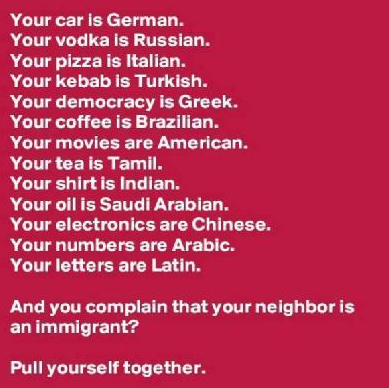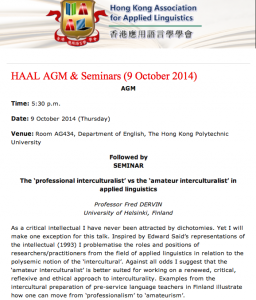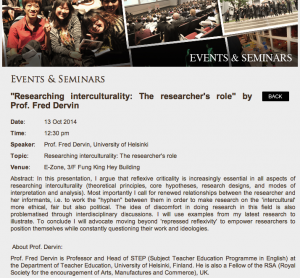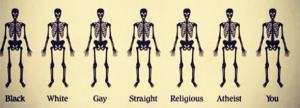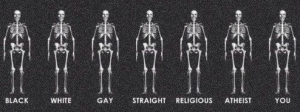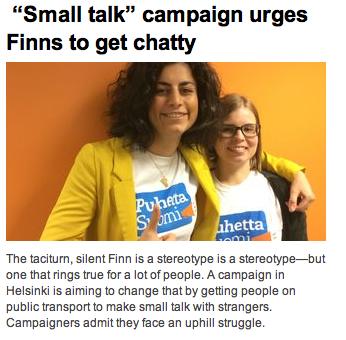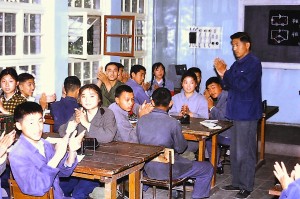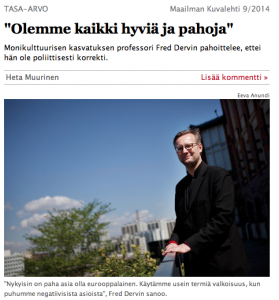“Our responsibilities as interlocutors in intercultural encounters” (14.10.2014)
Immigrants
This week in Hong Kong
Digital DIversities (New volume, Post-Intercultural Communication and Education Book Series)
Volume 4 of my book series called “Post-intercultural Education and Communication” with Cambridge Scholars is now out:
Digital Diversities
Social Media and Intercultural Experience
Editor(s):Garry Robson, Malgorzata Zachara
Digital Diversities is a groundbreaking interdisciplinary study of the social, social-psychological, philosophical and political ramifications of the ‘digital turn’ in human affairs. Focusing, in particular, on connections between the saturation of everyday life by digital communication technologies and 21st century global mobility, it offers fresh and original accounts of the interface between online communication practices and the negotiation of increasingly complex social experience. It provides critical studies of, among other things, the consequences of the widespread shift to remote rather than embodied relationships, the day-to-day management of intercultural encounters in unprecedentedly diverse social settings, new and emerging forms of political expression and cultural diplomacy, and the relationship between posthuman ideology and the ‘googleisation of everything’. As such, Digital Diversities is a collection that makes a timely and thought-provoking contribution to the expanding field of studies of the abrupt, and still poorly understood, transformation of everyday life in the early 21st century by the gadgets and communication platforms of the digital global hive.
New afterword: Taking Myths Seriously. Towards Mythologies Of Education
To be published in Myths In Education (Eds. M. Harmes, H. Huijser & P. A. Danaher)
DOWNLOAD HERE
Book blurb: “A myth empowers by providing a foundation story of a society, culture or civilization, bringing coherence and meaning to identity and underpinning custom. But ‘myth’ also carries darker meaning, suggesting ideas or practices that are fallacious or accepted uncritically.
This book engages with these possible understandings of myths and uses them to interrogate educational practice and theory in three main areas: online teaching; language teaching; and specific tertiary or university based issues. The focus is on exploring and defining myths across a wide range of contexts and educational sectors. It brings together a broad range of international talent from senior researchers, middle-career and early-career scholars from Britain, North America, Europe, the Middle East and Australasia”


